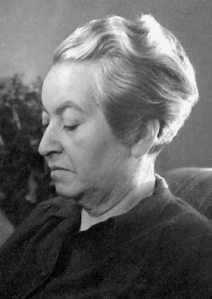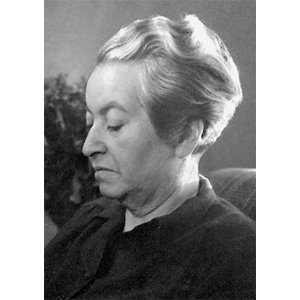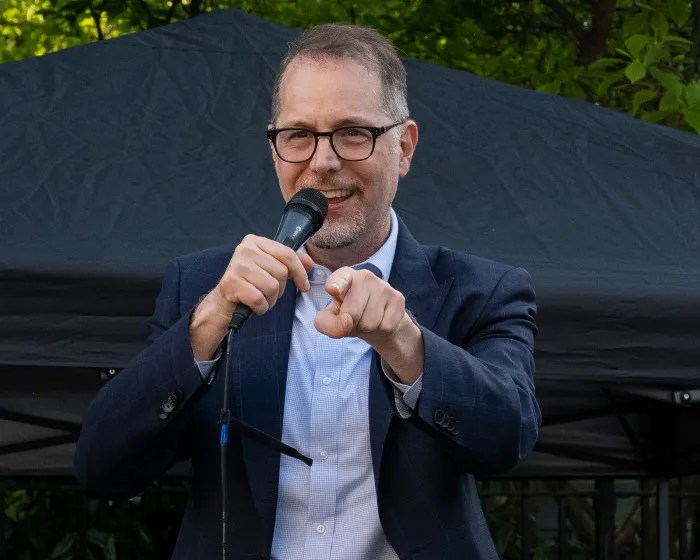.  BY JOE SCOTCHIE
BY JOE SCOTCHIE
jscotchie@antonmediagroup.com
Seventy years ago, Gabriela Mistral became the first Latin American poet to receive the Nobel Prize for Literature. As fate would have it, Mistral, a native of Chile, lived in Roslyn Harbor during the final years of her life, from 1953 to 1957, where she served as a consul for the Chilean government.
Earlier this month, local officials, including Town of North Hempstead Supervisor Judi Bosworth, Councilman Peter Zuckerman and Roslyn Harbor Deputy Mayor Louis Badalato visited Mistral’s former home on Motts Cove Road to mark the anniversary of her winning the Nobel.
The event was organized by Julio Foil, the Consul General of Chile in New York and the Gabriela Mistral Foundation. The current owners of the home also offered their cooperation to the event. During her life, Mistral served not only as a consul for Chile, but also as a representative of that country in various international organizations including the League of Nations. Following the ceremony, officials proceeded to the Bryant Library where a second plaque was placed and books were donated on Mistral’s behalf.
The unveiling recalled the prolific career of Lucila Godoy Alcayaga, who used Gabriel Mistral as a pseudonym and whose career made her a literary celebrity on three different continents.
During the early decades of the twentieth century, Mistral wrote poetry, while also working as a teacher in Chile. In 1914, she received her first major literary prize and in 1922, she relocated to Mexico to work with that country’s minister of education. That was the beginning of a life mostly lived in exile. In 1926, she moved to France where she made a living in journalism and in lecturing in both North and South America, often representing Chile as a member of the Institute for Intellectual Cooperation of the League of Nations. Mistral also taught widely, holding posts in the United States at Barnard College, Middlebury College and Vassar College and in the Caribbean, at the University of Puerto Rico. In all, Mistral published 13 books of poetry, plus up to 800 essays in magazines and newspapers. As with other poets of her generation, Mistral used radio broadcasts to read her own verse and to lecture on poetry. Mistral received her Nobel Prize in what was a golden age for that award: During the 1940s, such luminaries as T.S. Eliot, William Faulkner, Herman Hesse and Andre Gide were also awarded the prize.
Although Roslyn was only one of the many places Mistral lived in the last 30 years of her life, her native country also considered her as their unofficial poet laureate. On the occasion of her death, Mistral’s remains were flown to Chile. There, the government declared three days of national mourning as hundreds of thousands of Chileans paid their respects. Even today, Mistral’s portrait appears on the 5,000 Chilean peso bank note.




























